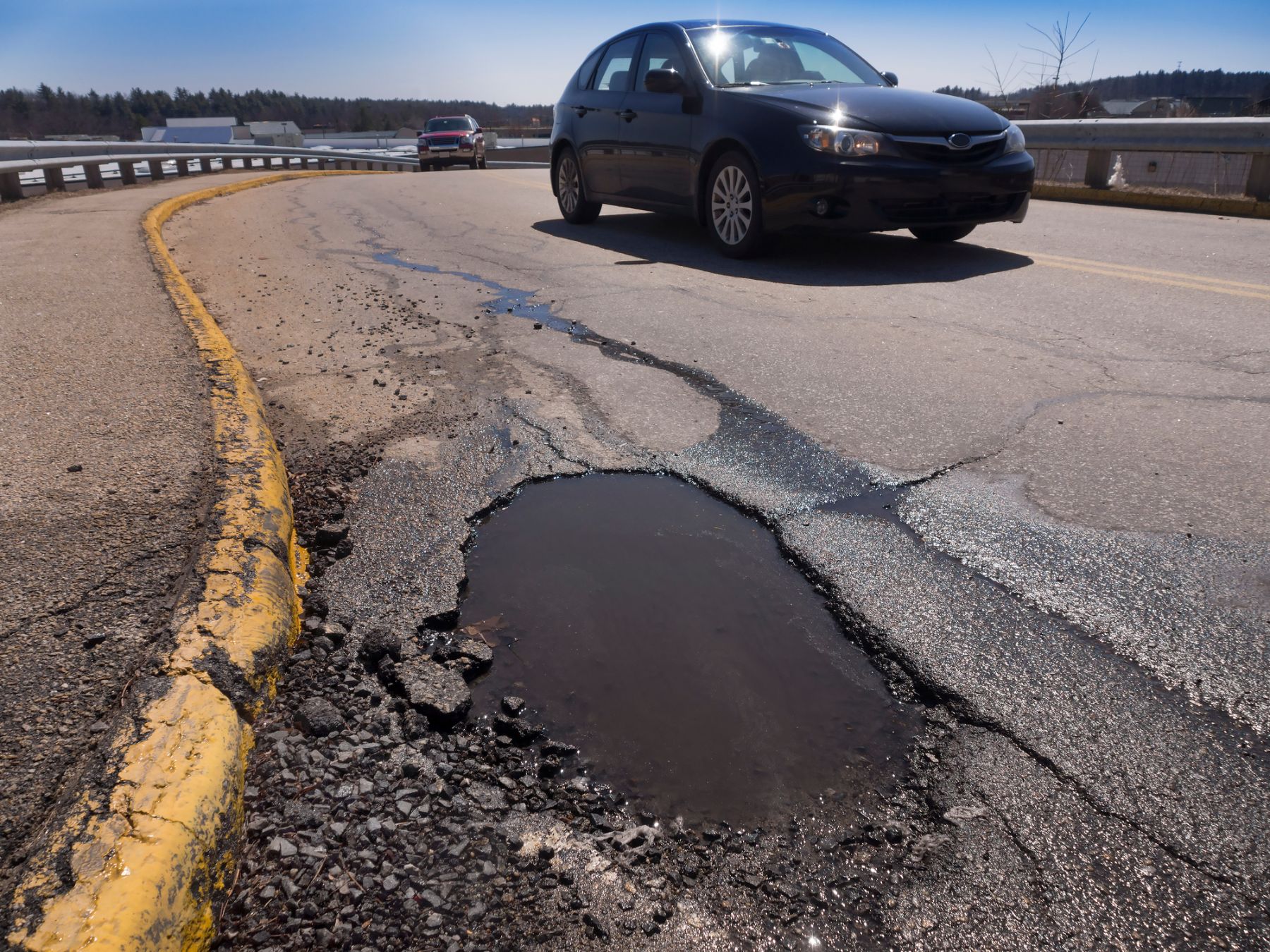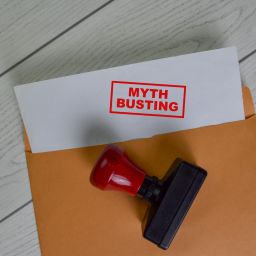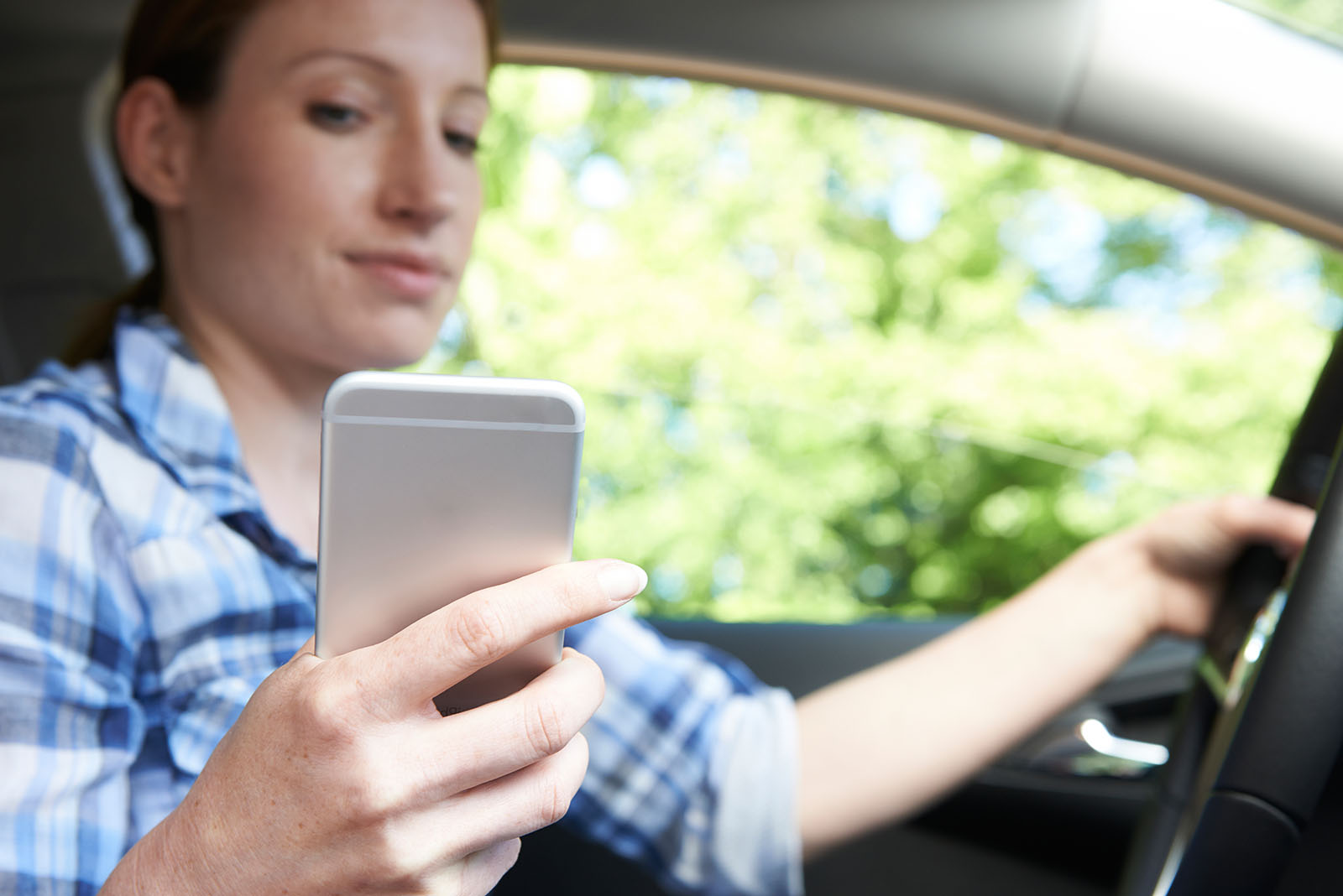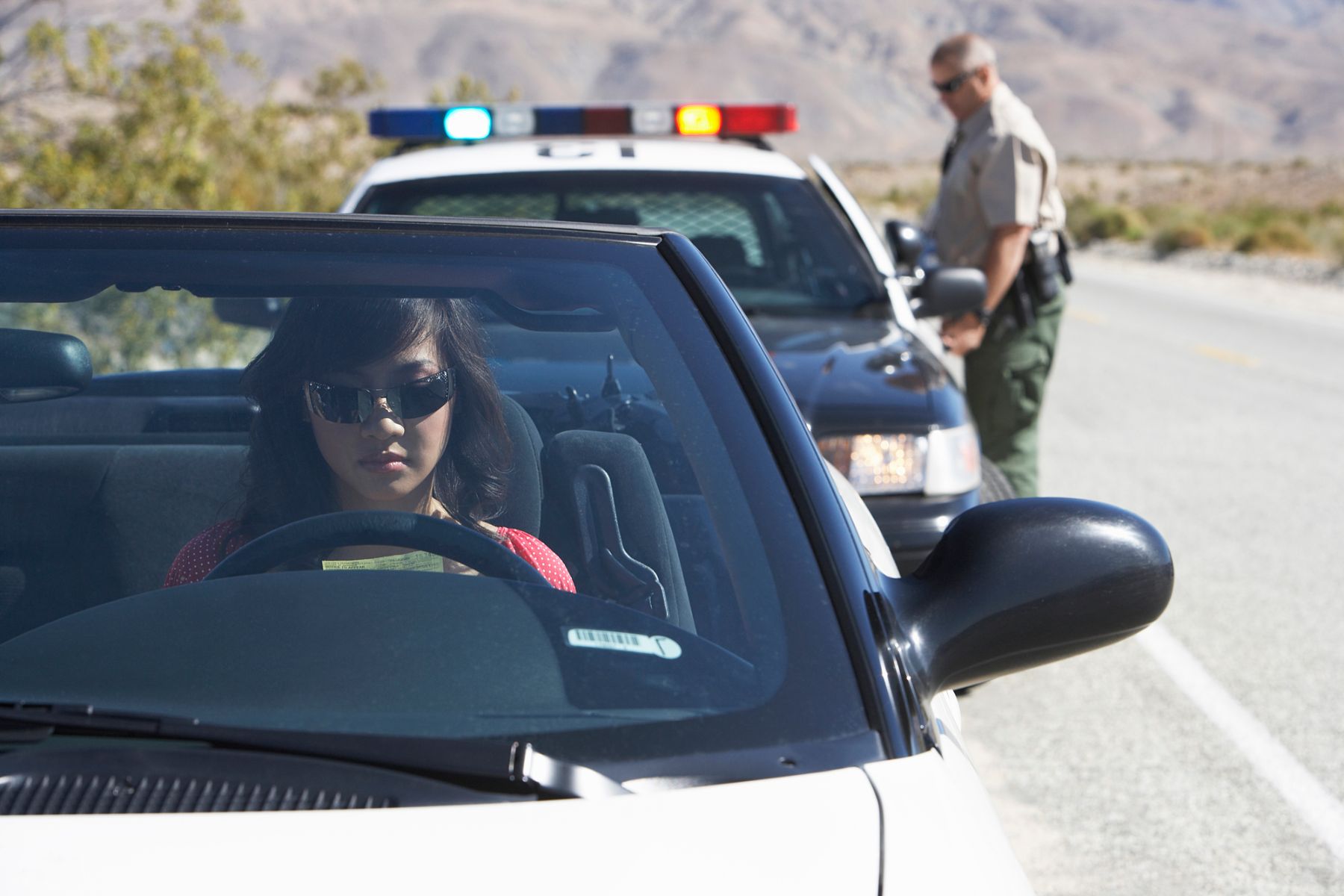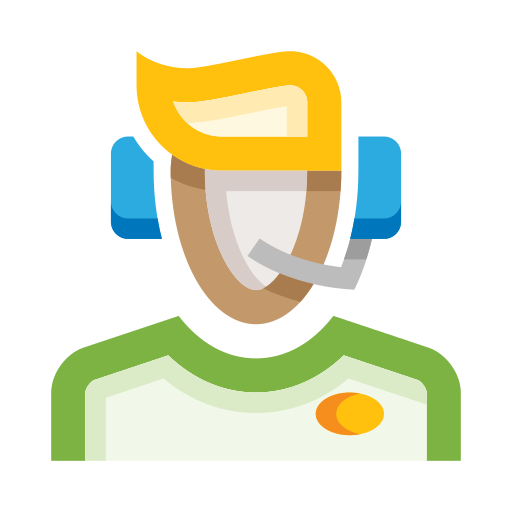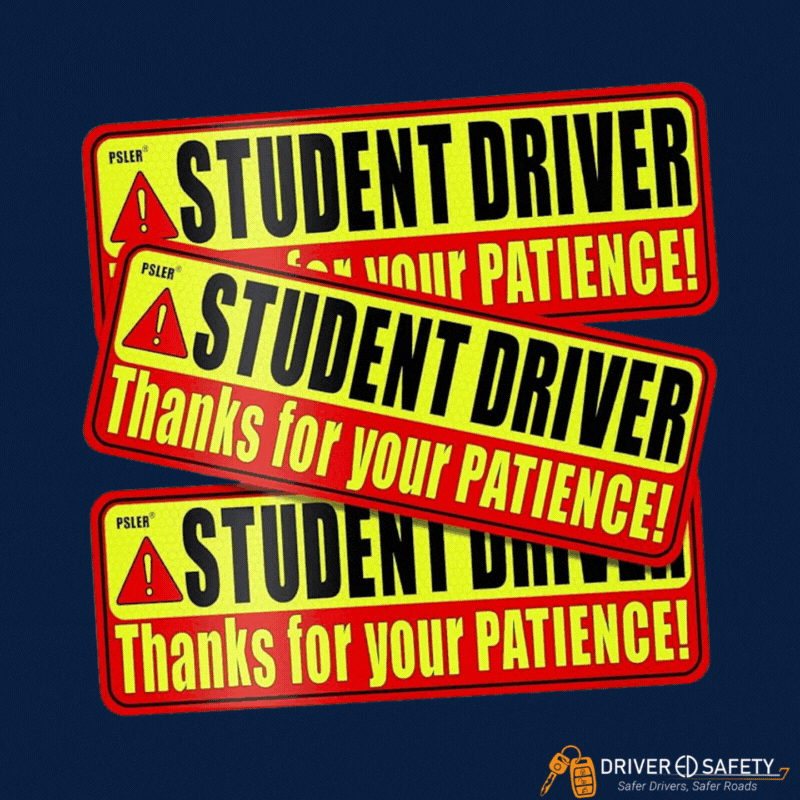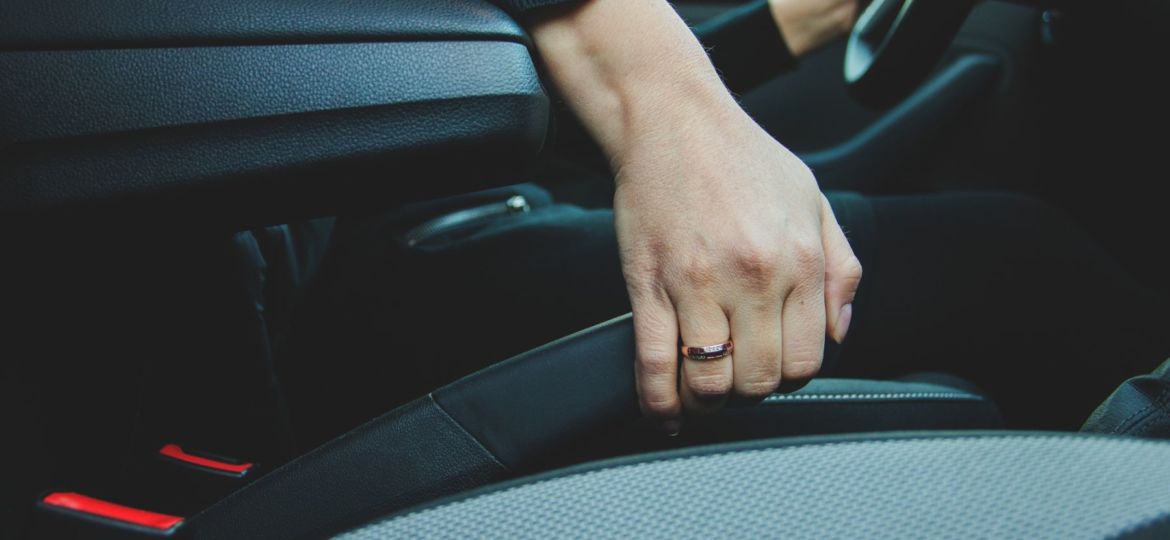
Noticing your brakes have gone out while driving can be shocking no matter how experienced a driver you are. While you may be thinking, “that could never happen to me” (and we hope it never does), it’s still important to be prepared for this type of potentially hazardous situation. In this blog, we’ll go over what you should do if you experience brake failure while driving.
Knowing the Signs
Before we discuss what to do if your vehicle brakes go out, it’s important to know the various signs that indicate brake issues. If you notice the following, make sure you get your brakes checked out by a professional before things have a chance to become more severe:
- Screeching, grinding, or rubbing noises as you apply the brake
- A burning smell coming from your tires
- Shaking or rumbling coming from your brake pedal or steering wheel
- Your brake warning light is on
Brake-ing it Down
Here’s a step-by-step guide to what you can do if you’re ever in a situation where your brakes stop working while operating a vehicle:
1. Don’t Panic!
Though this can be a scary situation to be in, try your best not to panic. When we start panicking, it becomes harder for our brains to keep from spiraling out of control. In a situation like a brake failure, you want to ensure you stay as sharp as possible so you can react quickly and effectively. This gives you a better chance at keeping yourself and others safe while navigating this potentially dangerous incident.
2. Try the Brakes Again
First, make sure nothing is lodged underneath your brake—like a floor mat— that is inhibiting it from working as it should. If that isn’t the culprit, turn on your hazard lights and try the brakes again. If your vehicle has regular brakes, pump the brake pedal fast and hard to build up hydraulic brake fluid pressure.
If your vehicle has antilock brakes, you can try pushing the brake all the way down and holding it there. If the pedal goes to the floor, try pumping it a few times, then pushing it to the floor. Even if there’s not much braking going on, this can work to slow your vehicle down.
3. Shift Into a Lower Gear
If pumping the brake doesn’t seem to be doing anything, take your foot off the accelerator and try downshifting to a lower gear. If you have a manual transmission, try working your way down through the gears so your engine can help slow your vehicle down.
If you have an automatic transmission, once your foot is removed from the accelerator, it should cause your car to shift to lower gears as it slows down. It’s important to note that if you have a newer car with automatic transmission, you may have to put it in manual mode or use the paddle shifters to slow down your vehicle.
4. Carefully Engage Your Emergency Brake
After your car has slowed down a bit, another option to try is very gradually employing your vehicle’s emergency brake. Since the emergency braking system is separate from the hydraulic brake system, it can help slow down or completely stop your vehicle—even though it will likely take longer doing it this way than it would with the traditional brake pedal. If engaging your emergency brake causes your car to skid, you will need to release the emergency brake to avoid spinning out and gradually try again.
5. Try to Create More Friction
If your vehicle has slowed a bit, but there are no signs of coming to a full stop anytime soon, you might have to carefully rub your moving vehicle up against a guardrail, curb, or another type of barrier. Though your car may encounter some damage, it should create enough friction to slow you down quite a bit. Remember to try to get over in the right (slow) lane if possible and stay aware of your surroundings to lessen your chance of crashing into other vehicles.
6. Steer Off the Road
The best option to consider when your vehicle’s brakes have failed is to try to get away from other vehicles. Once your car has significantly slowed down, try to find a patch of open grass, sand, dirt, or bushes to steer into until it has rolled to a complete stop. This is a good time to signal or call for help.
7. Don’t Turn the Car Off Until It’s Fully Stopped
While it may be your first reaction to turn your car off to slow it down, this should actually be the very last thing you do. Turning your ignition off prematurely can also shut down your vehicle’s power steering, which can make it nearly impossible to turn your steering wheel in the direction you want to go.
Keeping up on the maintenance of your vehicle should help to significantly prevent a scenario like this from happening. Prevention is the best method, especially when it comes to something as important as your car’s brakes. We hope this blog will help you feel knowledgeable and prepared if your brakes ever go out.


